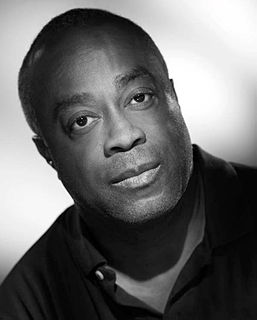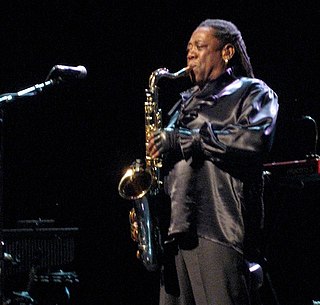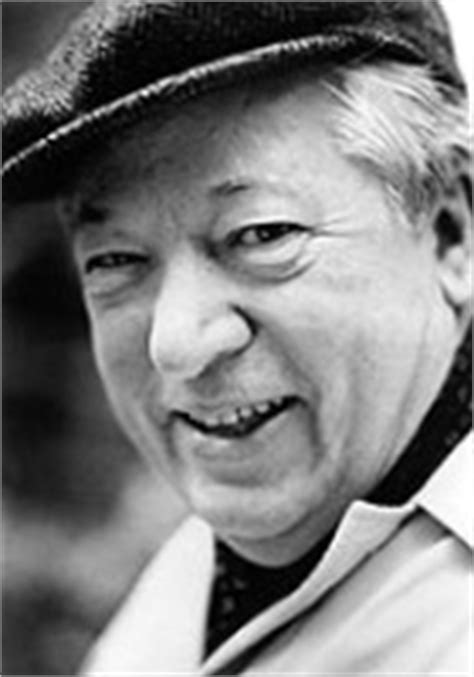A Quote by William S. Burroughs
I escaped the [Southern-writer] label because I didn't and don't write about the South.
Related Quotes
I probably had something to do with being southern. For some reason, over the last few years I've been much more conscious of that. It's probably because my friend Jack Womack has a thesis that he and I write the way we do because we're southern and we experienced the very tail end of the premeditated south.
Coming from the South and growing up in L.A. where it was so segregated - worse than the South in many ways - all the people in my neighborhood were from the South. So you had that Southern cultured environment. The church was very important. And there were these folk ways that were there. I was always fascinated by these Southern stories, people would share these mystified experiences of the South. I wanted to talk about folklore.
William Ferris has long reigned as the unimpeachable source of the entire southern experience. His work on southern folklore and the composition of the Encyclopedia of Southern Culture have made him both legendary and necessary. His book, The Storied South , is a love song to the South Bill helped illuminate. It's a crowning achievement of his own storied career.
I say "on principle" [regarding 'lesbian writer'] because whenever you get one of your minority labels applied, like "Irish Writer," "Canadian Writer," "Woman Writer," "Lesbian Writer" - any of those categories - you always slightly wince because you're afraid that people will think that means you're only going to write about Canada or Ireland, you know.
The most difficult thing about living as a writer is precisely 'having to write.' Pretending to be a writer is easy. Living freely, reading many books, going on frequent trips, cultivating minor eccentricities... but genuinely being a writer is difficult, because you have to write something that will convince both yourself and readers.
I write about the power of trying, because I want to be okay with failing. I write about generosity because I battle selfishness. I write about joy because I know sorrow. I write about faith because I almost lost mine, and I know what it is to be broken and in need of redemption. I write about gratitude because I am thankful - for all of it.






































